© ROOT-NATION.com - Use of content is permitted with a backlink.
2024 kicked off with a bang for Microsoft and their Xbox brand. Phil Spencer, the division’s CEO, was all smiles as he hyped up what looked to be Xbox’s biggest year yet. During their mid-January showcase, they unveiled a stacked lineup of upcoming games – heavy-hitters like Hellblade 2, Avowed, Ara: History Untold, and even a new Indiana Jones title. Titles that made Sony’s offerings look pretty thin in comparison. It seemed like the breakthrough moment Spencer had been building towards during his decade-long tenure.
But then May rolled around, and that air of optimism just… deflated. Suddenly, dark clouds started gathering over the Xbox brand, and the internet turned on their former idol. What the heck happened to spark such a dramatic turnaround?
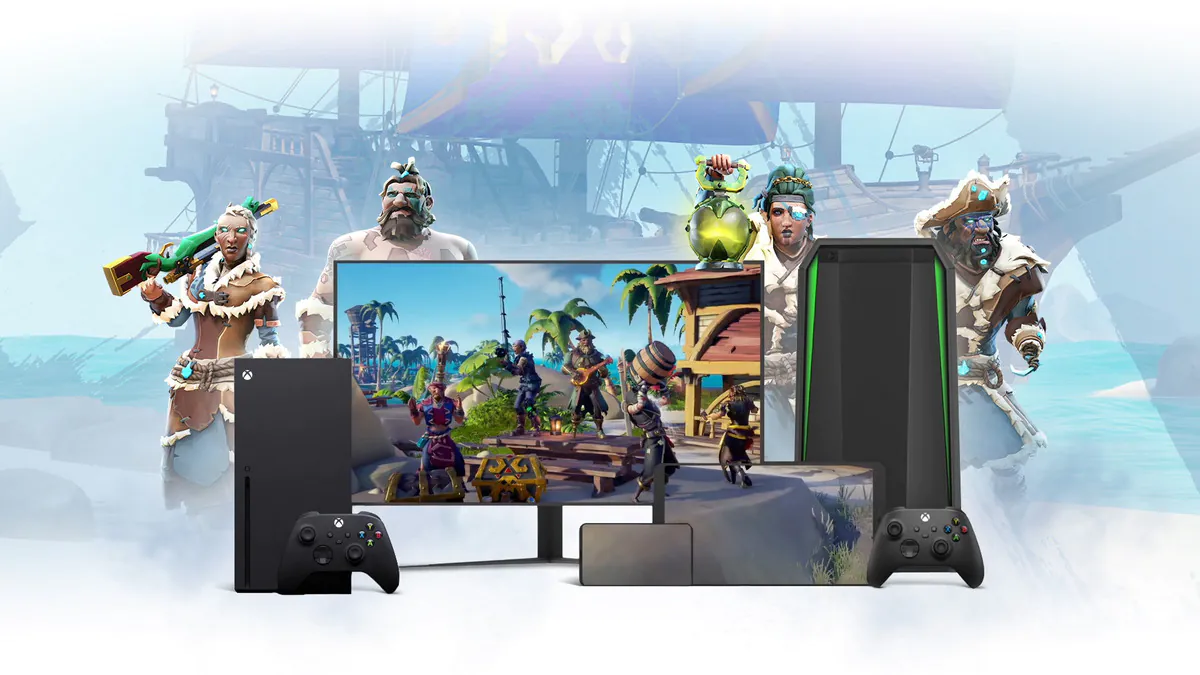
Before the storm
To me and many others, the very existence of Xbox has always seemed a bit mysterious. The idea that Bill Gates thought Microsoft could just swoop in and easily fill the void left by Sega? It led to the most powerful console of the sixth generation, but the original Xbox couldn’t really put up a serious fight against the PlayStation 2 juggernaut.
Then the Xbox 360 came along and became Microsoft’s most successful gaming product to date. It dominated the console market for years until PlayStation eventually regained the edge. But everything after that – the Xbox One, the Xbox Series consoles – was just disappointing sales-wise.
Microsoft has kind of flip-flopped with the PC gaming market too, drifting away from it at times only to come flirting back. It felt like they were going to just cash out and leave video games to others. But instead, they kept doubling down, spending more and more.
Bringing in Phil Spencer as the head of Microsoft’s gaming division was a key turning point for the brand. Replacing the wildly unpopular Don Mattrick, Spencer seemed like the perfect guy for the job – a sort of counterpart to Nintendo’s beloved Reggie Fils-Aimé. Charismatic, steeped in gaming knowledge, a guy just like us. His hiring was a smart PR move.
Spencer then rolled out a string of big moves: launching Xbox Game Pass, pushing for cross-platform play, the backwards compatibility program, and those massive acquisitions of Mojang and Bethesda. But even with all that, Xbox still can’t seem to get out from under PlayStation’s shadow. The consoles barely sell in the US, let alone the totally lost European market where the brand has practically no fans left. And their ill-fated attempts to crack Japan just became a joke – Japanese retailers literally marketed the dusty Xbox boxes as Blu-Ray players just to try and move some units.
Read also: S.T.A.L.K.E.R.: Legends of the Zone Trilogy review — The Classics Are Finally Playable On Console
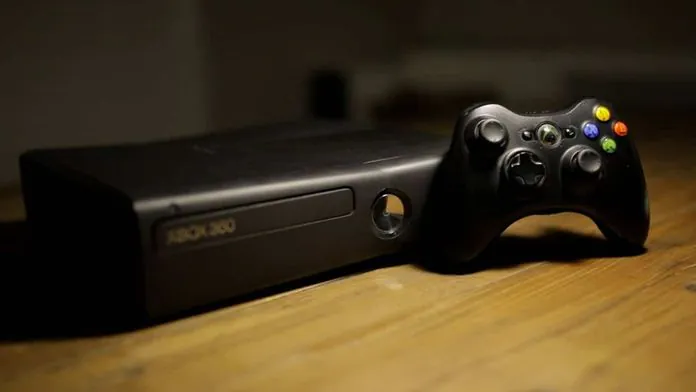
The Xbox Series X and S were supposed to be Microsoft’s best consoles yet, but their market performance has been really disappointing. PlayStation is still dominating, not to mention Nintendo. But Xbox fans kept clinging to that same old mantra: “Just wait until all those studios they bought start pumping out games, then we’ll eat!”
Well, the highly anticipated Starfield finally dropped last year – maybe the most hyped game in recent memory. And…nothing, no big sales jump for Xbox. The biggest bright spot in 2023 ended up being Hi-Fi Rush, which got nominated for multiple Game Awards and even won one category. Unlike Sony, who went home empty-handed that night.
Yet this week, in a brutal twist of irony, the studio behind Hi-Fi Rush just got the axe. So much for Microsoft’s big gaming resurgence off the back of all their high-profile studio acquisitions. With moves like closing down your Game of the Year-winning team, it’s no wonder Xbox is still stuck looking up at the competition.
No more exclusives
Exclusives have always been a huge point of contention for gamers. Which is better – Uncharted or Gears of War? Halo or Killzone? But ever since the Xbox 360 era, there’s been less and less to even debate. With each passing year, the number of actual Xbox-exclusive games just kept dwindling. Some studios got shuttered, others got bought out, and Sony and Nintendo just sprinted farther and farther ahead.
2023 finally saw the long-awaited arrival of Starfield, but even that only garnered mixed reviews. Then this past winter, a new scandal erupted – leaks that Microsoft was planning to start releasing all their games on rival platforms too, including the dreaded PlayStation.
Cue the outrage from Xbox’s dramatic, hand-wringing fan base screaming about Spencer’s “betrayal.” Some diehards even dumped their beloved Xbox before the cross-platform rumors could be officially confirmed. Typical overreaction from a fanbase that loves nothing more than manufactured drama.
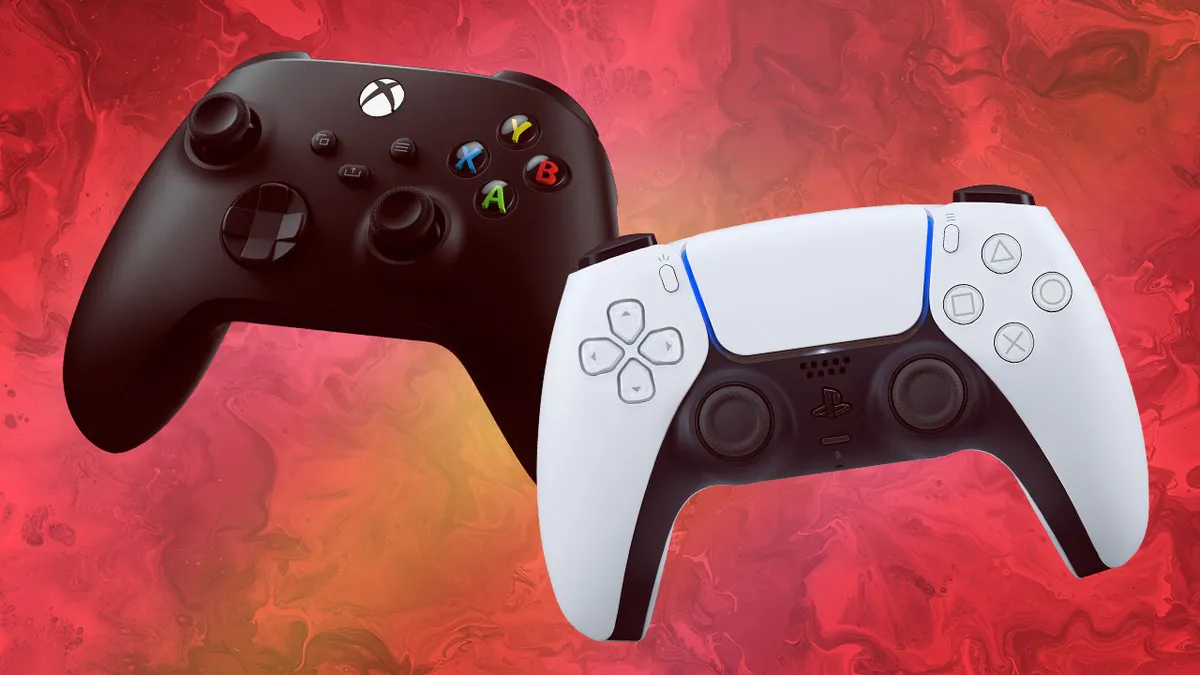
The uproar forced Spencer to release a quick video attempting some damage control. He explained that yeah, some games wouldn’t be console exclusives anymore, but the big hitters like Starfield were still locked to Xbox. But by then, the reputation hit was already done – the console that was already struggling to move units instantly lost whatever prestige it had left. Like, what’s even the point of buying an Xbox if all the games are just going to be on PC and PS5 too?
This whole scandal, and Xbox’s seeming unwillingness to just be upfront about their plans from the jump, was yet another brutal gut punch to a brand that was finally starting to build some momentum again. Gamers have long memories, and it wasn’t hard to dig up past quotes from Spencer himself promising a completely different future for exclusives.
Studios killer
We all know Microsoft is disgustingly, obscenely rich – like, Sony and Nintendo’s wealth combined is a rounding error to them. And they’ve never been shy about flaunting that bottomless wallet, just look at the $78 billion dropped on acquiring Mojang, Bethesda, and Activision Blizzard over the years.
This whole time, Phil Spencer has been selling Microsoft as a developer’s paradise where talented studios wouldn’t be constrained or limited. Just last May he was going on about giving teams the freedom to chase ambitious ideas – not just big, bombastic AAA games, but riskier, smaller passion projects too like Hi-Fi Rush.
Then this week, they go and shutter Tango Gameworks – the Japanese studio responsible for Hi-Fi Rush, The Evil Within, and Ghostwire: Tokyo. Apparently, poor Hi-Fi Rush sales were the excuse, despite Xbox officially deeming it a “successful” launch and the game getting zero marketing push since it dropped straight into Game Pass.
It’s just the latest example of the brand’s actions completely contradicting what the leadership says publicly. For all Spencer’s lofty talk about empowering creativity, they’ve now unceremoniously axed the team behind one of their most critically acclaimed recent releases.
Read also: TEKKEN 8 review: The king is back
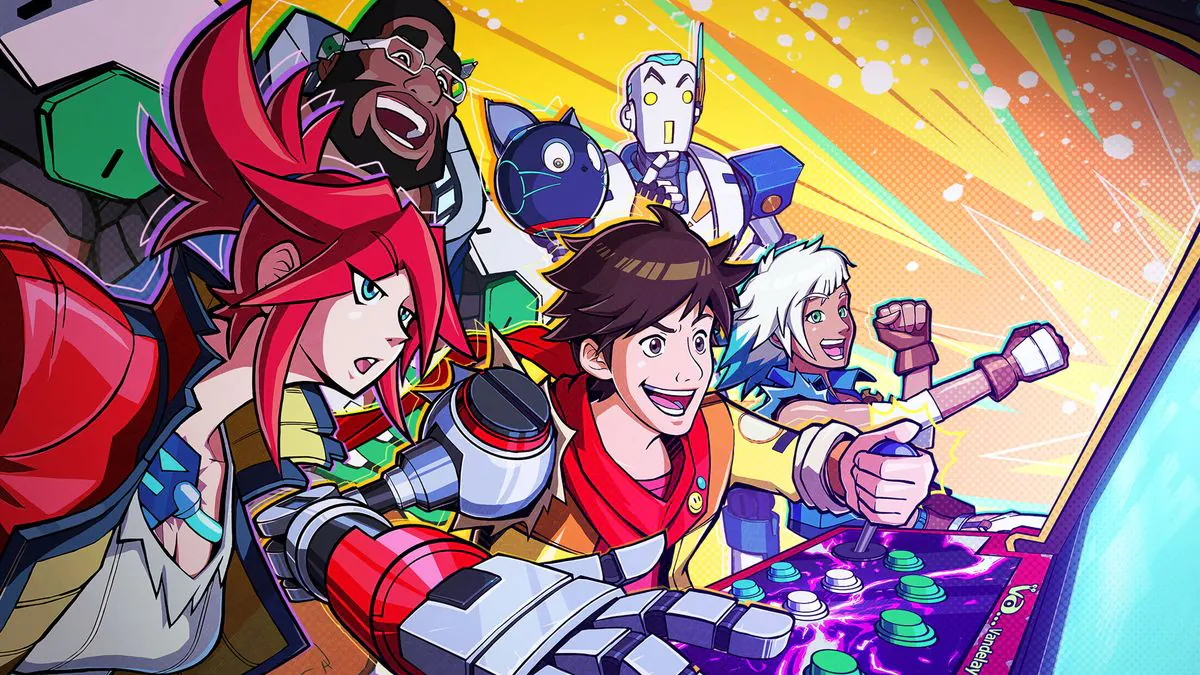
So after axing Tango, they also gave Arkane Austin the boot – the studio behind the massively underperforming Redfall. Along with them, Alpha Dog and Roundhouse got shut down too.
It’s worth noting Microsoft has always had a thing for closing down studios: Lionhead, Press Play, BigPark, Good Science, Leap Experience Pioneers, Function Studios, State of the Art, [Fun]ction…the list goes on.
Then, literally the day after announcing all these studio closures, they turn around and say they’re investing $3.3 billion into cloud infrastructure and AI. According to Summerfall Studios’ Ethan Taylor, that $375 million golden parachute they gave Bobby Kotick could cover the combined salaries of everyone at Arkane Austin and Tango for the next 17.5 years.
So clearly, Microsoft has no shortage of money. They just seem to have a shortage of giving a shit about creative talent and actually supporting them long-term.
It’s an old truth that’s really driven home here – Microsoft doesn’t seem too fussed about nurturing creative geniuses, hence the revolving door of talent. Makes Nintendo look like the total opposite – consistently excellent performance, with their ancient Switch still projected to hit a staggering 154 million units by fiscal year-end, their best seller ever.
Meanwhile, at Xbox, most of those billion-dollar studios they acquired haven’t even put out the hit games that were promised yet. And the real kick in the pants? When those games do finally release, there’s a very real chance they’ll be on PlayStation too, essentially “devaluing” having an Xbox at all for a lot of fans.
Your benevolent dictator
Does Xbox really deserve to be getting dragged this hard? These past few days, the entire internet has been attacking the brand – calling out poor organization, misleading statements, and straight-up chronic lying. Phil Spencer, the supposed savior who long looked like a knight in shining armor, doesn’t seem so shiny anymore.
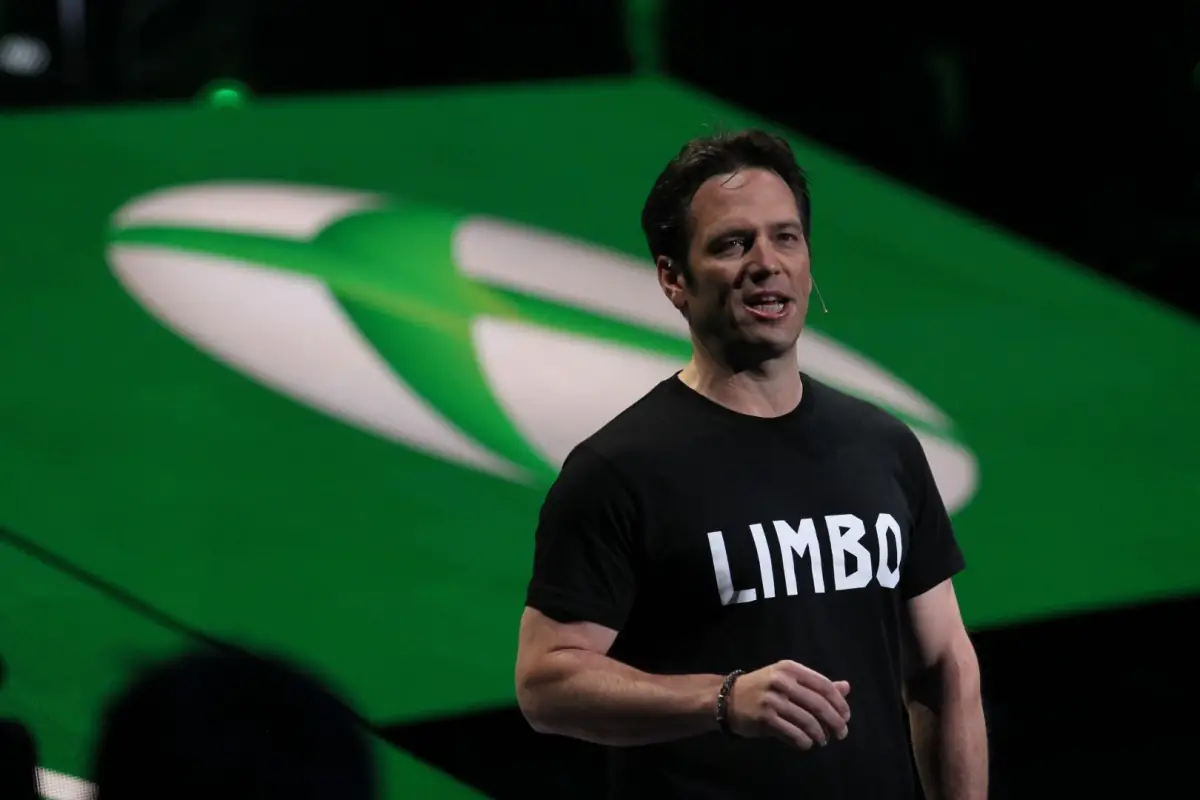
What’s become abundantly clear is that for all his charming talk, Spencer doesn’t actually seem too concerned about the well-being of his developers or nurturing creative ambitions at these studios. The ultimate PR master promised Xbox was a brand “by gamers, for gamers”, but behind the scenes, he’s been ruling with an iron fist. Sure, he was a big improvement over Don Mattrick, but is Xbox really in that much better shape after a decade under “Big Phil”?
Console sales are in the toilet, and developers within the company are demoralized. Thomas Mahler, the head of Moon Studios who delivered two big Xbox exclusives, said what happened to these closed studios is exactly why he’ll never “sell out” to the big corporations. Even the Arrowhead guy behind Helldivers 2 was baffled at how a team could get shuttered so soon after porting their game to PlayStation.
One thing’s for sure – those dreams of a milk-and-honey developer utopia are dead. The Game Pass hype is dying, and any notion of true creative freedom within Xbox’s ranks has been exposed as a myth. Shocking, I know – a corporate giant only caring about the bottom line. It all seems obvious in hindsight, but damn if Spencer’s charming smile didn’t lull a lot of players, press, and developers into complacency for years.
2024 is shaping up to be a defining year for Xbox’s identity. At stake is the fundamental understanding of what this brand even is anymore – a games console under your TV, or just an app on your phone?

